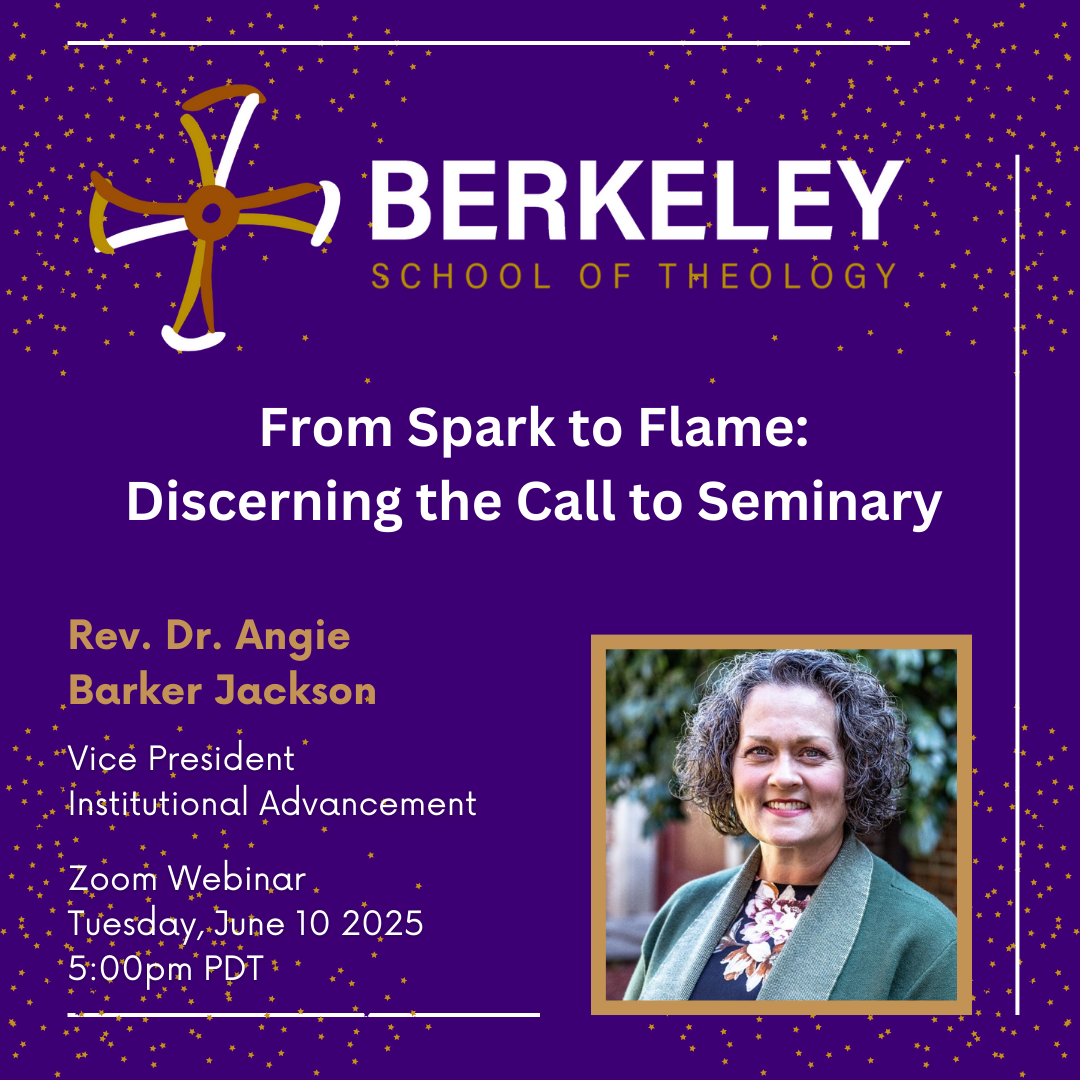State Authorization
State authorization is a regulation of the Department of Education that requires institutions offering online or distance learning programs to be authorized by each state in which the institution enrolls students (if such authorization is required by the state).
The Berkeley School of Theology is in a continuous process to comply with regulations pursuant to state authorization, including applying for and maintaining approval or exemption status for our online offerings in other states. While BST would like to make our online programs available to all students across the country, some states have enacted regulations that make it prohibitive for us to do so.
States with which BST IS working
Below is the list of states in which BST may enroll online students:
- Alabama
- Arizona
- Colorado
- Connecticut**
- Delaware
- Florida
- Idaho
- Illinois
- Indiana
- Kentucky
- Louisiana
- Maryland
- Massachusetts
- Mississippi
- Missouri
- New Mexico
- North Carolina+
- Texas*
- Wisconsin
- New Jersey
- Ohio
- Pennsylvania
- South Carolina
- Tennessee
- Utah
- Washington
States with which BST is NOT working
Below is the list of states in which BST may not enroll online students:
- Kansas
- New York
- Michigan
- Puerto Rico
- Virginia
Interested prospective students from other states should check with the Director of Admissions prior to applying.
*BST does not offer in-person classes within the state of Texas, but does offer online classes to all residents.
**Prospective students from Connecticut should contact the CT Office of Higher Education.
+Disclaimer: North Carolina students are unable to enroll in the Masters of Community Leadership Program or any degree program offered at Berkeley School of Theology that are not listed as “Theology, Divinity or Religious studies.”
Emily Bjornberg – Senior Consultant, Academic Affairs
Connecticut Office of Higher Education
450 Columbus Blvd, Suite 707, Hartford, CT 06103
860-947-1824 (office) Emily.Bjornberg@ct.gov
California’s Relationship to SARA
The State Authorization Reciprocity Agreements (SARA) were established in 2013 by higher education stakeholders including state regulators and education leaders, accreditors, the U.S. Department of Education, and institutions. SARA is intended to streamline regulations around distance education programs.
However, California is not a member of SARA, which means that California-based institutions are not eligible to participate in the reciprocity agreements and instead must comply with individual applicable state laws in which they would like to enroll students.
Notice to Students Who Relocate
If, while enrolled in an online program with the Berkeley School of Theology, you relocate to a state in which we are not in compliance, you may lose eligibility to remain enrolled in your course of study.
Please speak with your program coordinator if you anticipate relocating while you are completing your degree. Prospective students who have not yet enrolled should consider this regulation prior to applying, especially if there is a possibility of relocating to a restricted state prior to program completion.
State of California Complaint Procedure
If you believe BST’s administrative processes or educational programs are compromised and not up to the required minimum standards, you may notify the State of California, Department of Consumer Affairs, Bureau for Private Postsecondary Education. An individual may contact the Bureau to file or review a complaint.
The Bureau may be contacted at:
Bureau of Private Postsecondary Education
Suite 400
2535 Capitol Oaks Drive
Sacramento, CA 95833
Telephone: (916) 431-6924
Fax: (916) 263-1897
Website: http://www.bppe.ca.gov
North Carolina
223 S. West Street, Suite 1800
Raleigh, NC 27603
(919) 962-4550
North Carolina Complaint Procedure
Attorney General’s Office
Mail Service Center 9001
Raleigh, NC 27699-9001
Maryland
6 North Liberty Street, 10th Floor, Baltimore, MD 21201
Phone 410-767-3300
collegiatecomplaint.mhec@maryland.gov






